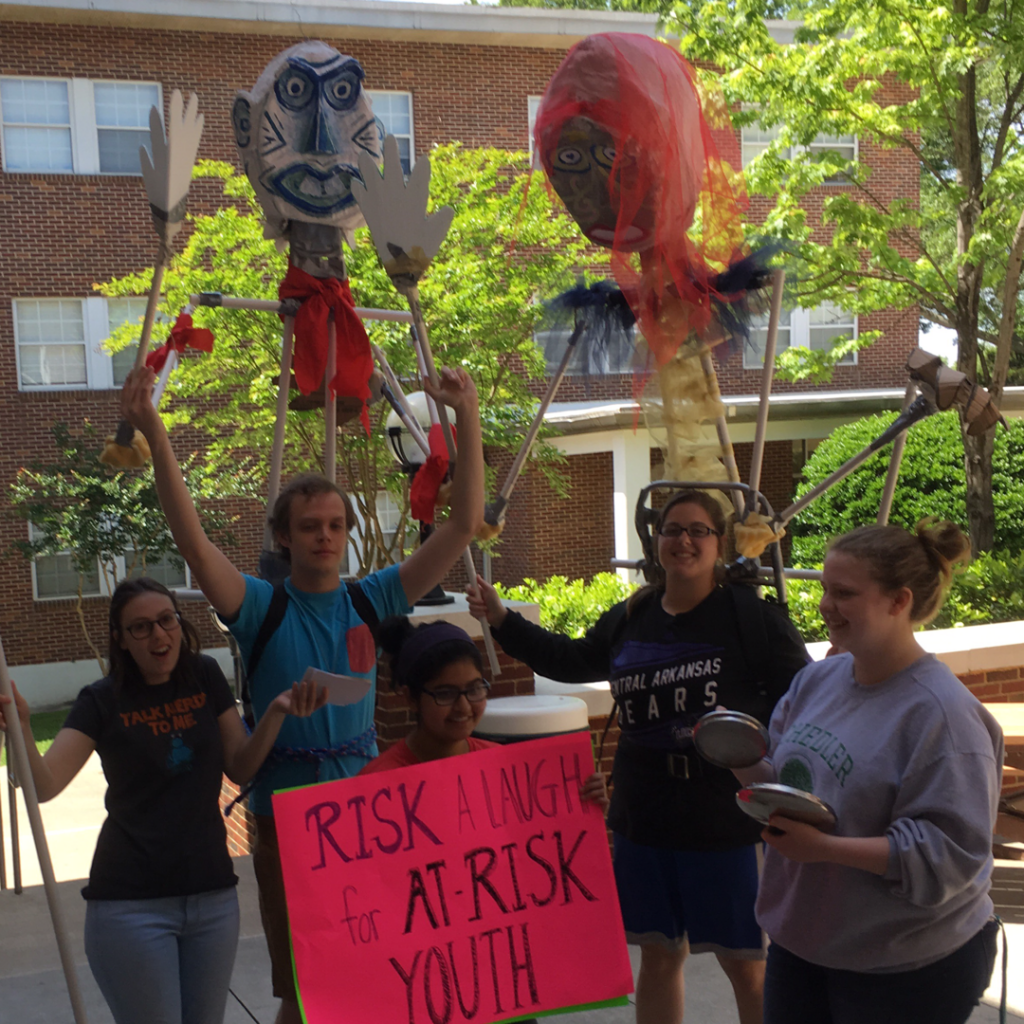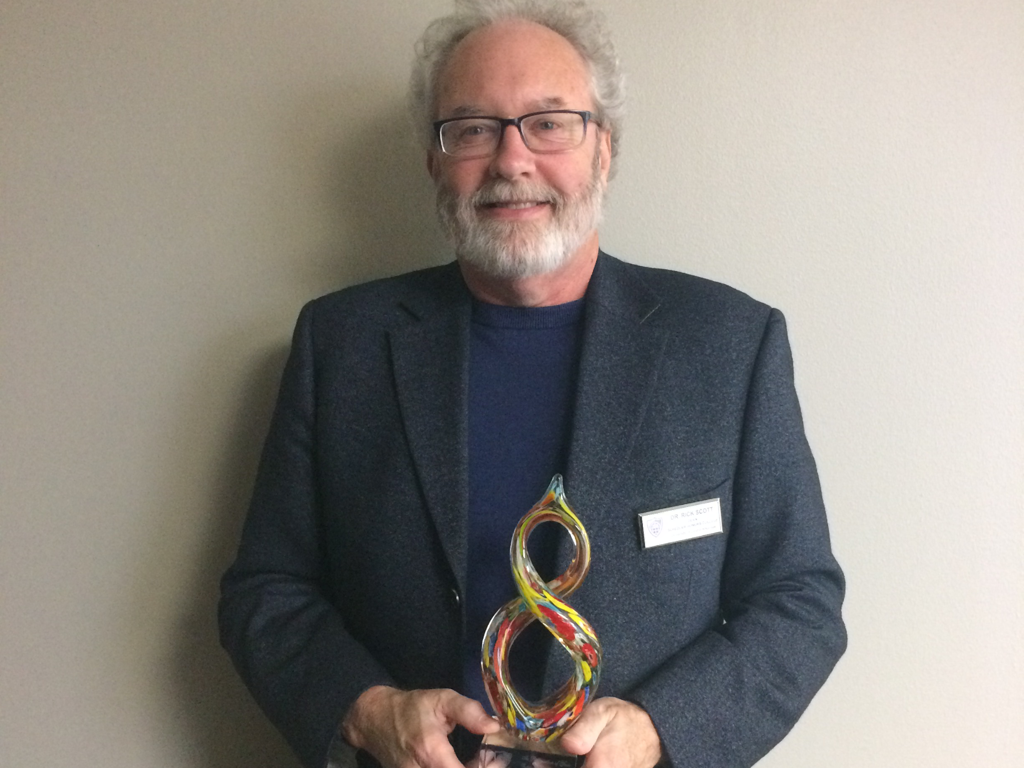One could say this class was pretty ambitious, using art as a tool for justice and community problem-solving. We started the class by going through different …
[Read more...] about Theatre and Justice by Adrienne Thompson

One could say this class was pretty ambitious, using art as a tool for justice and community problem-solving. We started the class by going through different …
[Read more...] about Theatre and Justice by Adrienne Thompson

On Tuesday, April 25, 2017, UCA faculty and staff gathered with graduating seniors who had studied abroad during their time at UCA. President Houston Davis and …
[Read more...] about Rick Scott Honored with Faculty Study Abroad Award
Phone: (501) 450-3198
Fax: (501) 450-3284
Email: honors@uca.edu
Hours: M-F 8:00 AM – 4:30 PM CST
Empowering exceptional students to transform themselves and their world.